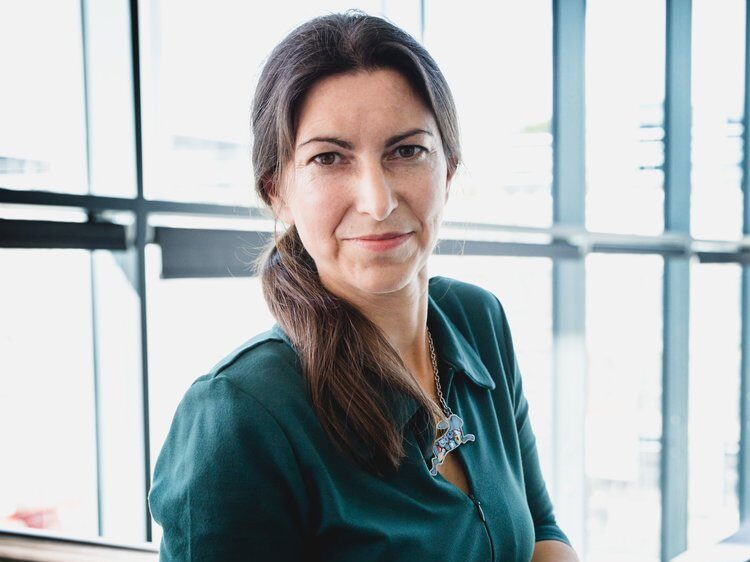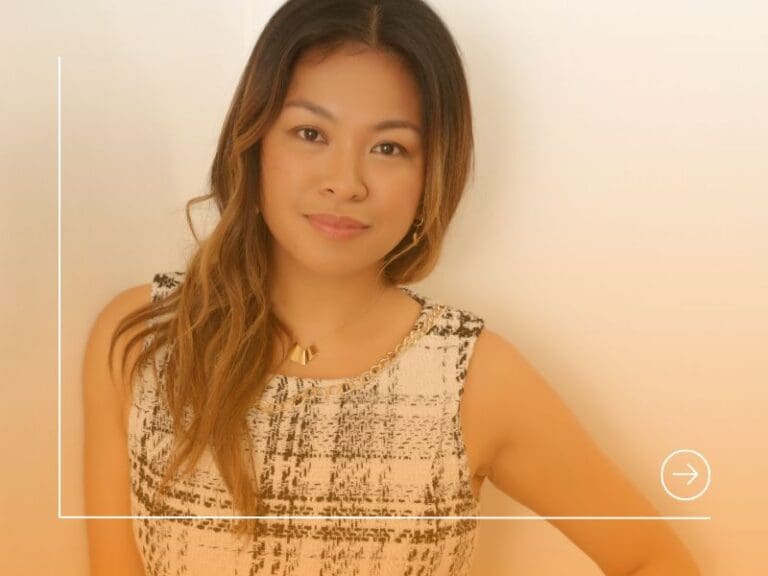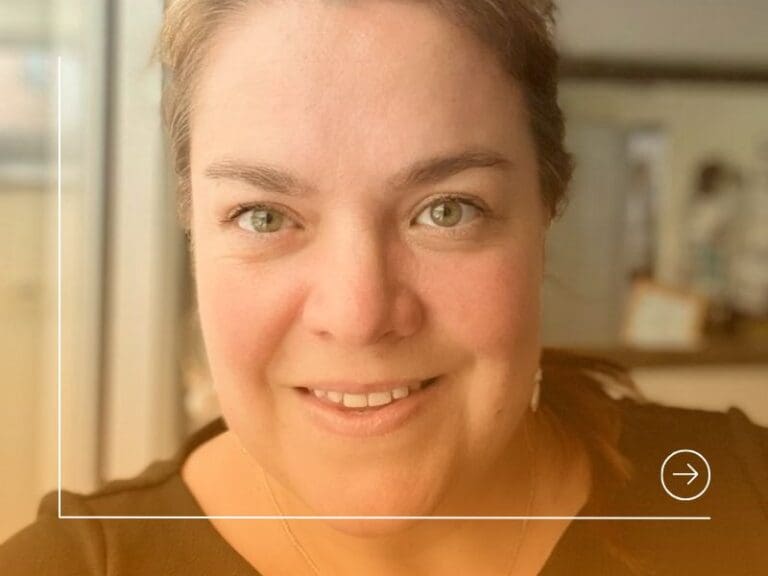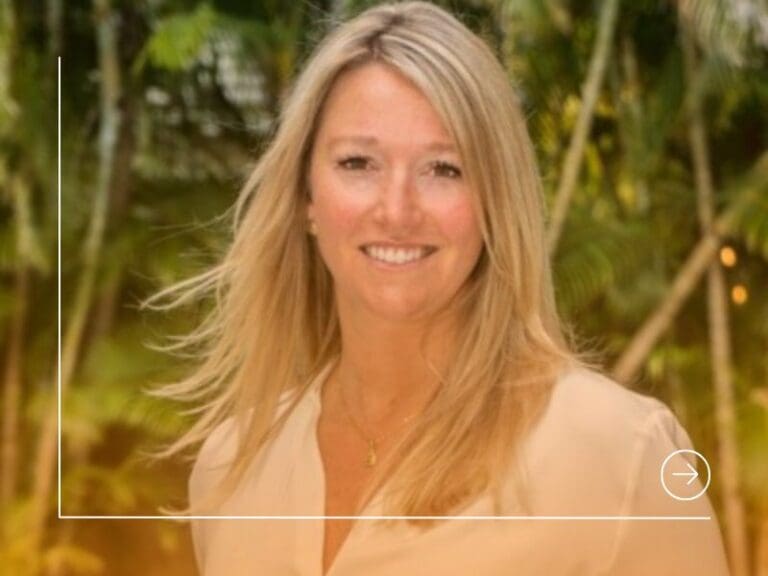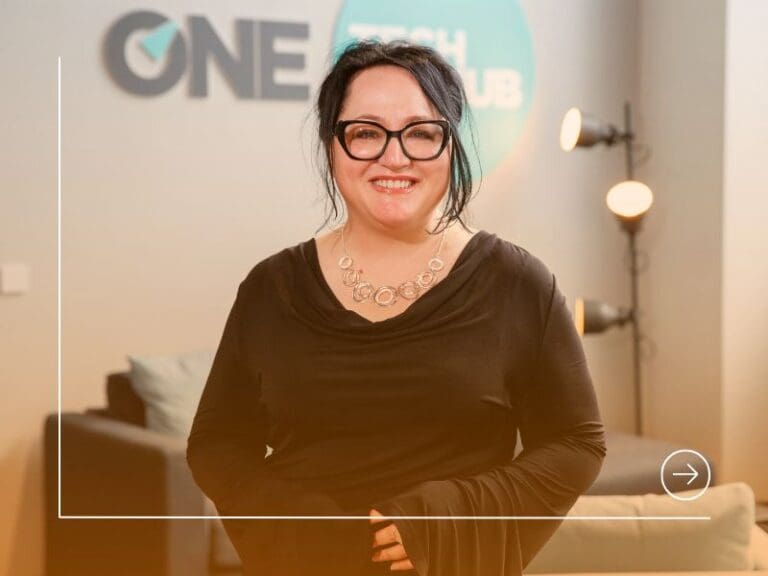DONNA LYNDSAY IS THE STRATEGIC MARKET LEAD FOR ENVIRONMENT & SUSTAINABILITY AT ORDNANCE SURVEY.
She supports Ordnance Survey’s mission to be a world leader in geospatial services; delivering location insight for positive impact with colleagues, partners and customers. Donna is also Vice Chair of the Space4Climate group which aims to put the UK at the forefront of global efforts to create and use trusted satellite data for climate action for all.
SHECANCODE CAUGHT UP WITH DONNA TO CHAT ABOUT HOW SHE LANDED HER CURRENT ROLE, THE SKILLS SHE BELIEVES ARE IMPORTANT FOR HER ROLE AND OVERCOMING INSECURITIES AND ANXIETY.
HOW DID YOU LAND YOUR CURRENT ROLE? WAS IT PLANNED?
Initially, I had intended to become a graphic designer, but ultimately, I lacked confidence in my abilities to excel in the field. As a result, I withdrew from my course (which I do not recommend as a strategy!). Fortunately, I was able to merge my passion for art and geography by working as a traditional cartographer for a national park. This position allowed me to expand my expertise in geographical information systems and sparked an interest in remote sensing – analysing information gathered from satellites or high-flying aircraft. I took a sabbatical to pursue my MSc and subsequently landed a variety of industry positions where I leveraged my geospatial and space sector knowledge to create new products and services and establish new companies.
Of all my roles, I particularly enjoyed serving as the Business Applications Regional Ambassador for the Southwest and South Wales for the European Space Agency, where I worked with firms in fields such as PropTech, quantum security, and lasers in space.
Given my rural upbringing (where I now live with my family), I doubt any of my teachers would have imagined what I’ve accomplished or what I’m working on.
DID YOU (OR DO YOU) HAVE A ROLE MODEL IN TECH OR BUSINESS IN GENERAL?
I deeply admire Al Gore, the former 45th Vice President of the United States and a prominent environmental advocate. At COP27, his impassioned expression of frustration over the global reliance on fossil fuels, which he regards as a “culture of death,” is palpable. However, his unwavering determination and fortitude in conveying his message make him such an admirable figure, a quality he has demonstrated for many years.
Observing Mr. Gore’s efforts reminds me of the need to persist despite the challenges in encouraging people to embrace and harness available technologies to generate meaningful solutions. Change is often a daunting prospect, and individuals can be resistant to modifying their established practices. Nonetheless, given the pressing urgency of the situation and the introduction of new regulations, people are increasingly recognising the need for transformation.
WHAT ARE YOU MOST PROUD OF IN YOUR CAREER, SO FAR?
I am most proud of my work in bringing space data together with mapping data and showing why this is important. The world is a very visual place, and individuals understand the issues facing us better if the data is contextualised in a pictorial way. If we are going to enable the world to use the incredible climate science data that has been curated over the years to understand better the impacts we will soon face, we need to use both space and mapping data to create visual tools and assets. An example of the type of tool I have had the privilege of helping to create is an air pollution map, where people can input their postcode into the map to see which zone they are in and the pollution levels around their location.
Looking ahead, I am proud of my work in supply chain data partnerships, particularly the leadership role that Ordnance Survey has taken in this effort. We have recently been collaborating with large organisations such as Unilever, Esri UK, Planet Labs PBC, and Deloitte with the aim of launching a financially sustainable Location Register which provides a trusted location platform to conduct due diligence on commodity assets. This will help identify, prevent or mitigate risk, by reducing emissions, biodiversity loss and environmental impact of supply chains, and reducing unsustainable agricultural practices and land degradation through more effective monitoring and smart procurement contracts.
Working alongside such renowned entities to solve key issues has been a fulfilling experience, and I am excited to see how far we can push the boundaries with this effort. If we succeed in achieving our goals, this achievement will undoubtedly be a career highlight for me.
ARE THERE ANY SPECIFIC SKILLS OR TRAITS THAT YOU NOTICE COMPANIES LOOK FOR WHEN YOU’RE SEARCHING FOR ROLES IN YOUR FIELD?
Companies in my field look for individuals with a blend of skills, including a strategic and systems-thinking approach, commercial acumen, technical knowledge, and market knowledge. Finding individuals with this blend is challenging, but having immense curiosity and being nosy can help acquire these skills.
The best way to acquire these skills is by immersing oneself in the subject matter. This includes reading tons of materials, following the media and news, and reading academic reports. By doing this, one can make important connections between what they know and what the customers need.
Our team shares books and materials that interest us, including “Minister of the Future,” which we all loved. It’s important to read various materials, including sources like the FT and The Economist, to understand what interests people and where markets may be headed. It’s also important to follow academic research to blend current needs with potential future developments.
Overall, there is no easy shortcut to acquiring these skills, but having a broad range of knowledge and staying curious can help individuals stand out to companies in the field.
HAVE YOU EVER FACED INSECURITIES AND ANXIETIES DURING YOUR CAREER, AND HOW DID YOU OVERCOME THEM?
Yes, I have faced insecurities and anxieties during my career, especially regarding public speaking and presentations. Even now, after years of experience and two degrees under my belt, I still feel the potential for panic at times.
However, I have learned that the more I expose myself to these situations, the easier it becomes to manage my anxiety.
I remind myself that feeling uncomfortable is okay and that I can survive and learn from the experience. It’s easy to say, “I can’t do that,” but it’s important to challenge that thought and try anyway. Only by trying and pushing myself out of my comfort zone have I been able to overcome my insecurities.
I am someone who is willing to throw myself in the deep end. I don’t let the fear of failure hold me back, because I believe that it’s better to start with an open mind and a willingness to learn than not to start at all. I embrace failure as a valuable learning opportunity, as long as I can learn quickly and move on.
WHAT ADVICE WOULD YOU GIVE OTHER WOMEN WANTING TO REACH THEIR CAREER GOALS IN TECHNOLOGY?
As a woman in technology, my advice to other women wanting to reach their career goals would be not to worry and just go for it. Everyone has had to start somewhere, and the key is to listen as much as possible and not be put off by obstacles. If you need help, don’t be afraid to ask for it, as 99% of people will gladly assist. But if you encounter the 1% who aren’t helpful, it’s best to move on and not waste your time.
Additionally, don’t limit yourself, and be open to change, as there are many opportunities in the tech industry.
It’s important to take responsibility for your own goals and not rely on others to recognise your hard work. Strike a balance between independence and accepting help when it’s offered, but also be proactive in seeking out opportunities for yourself. Ultimately, you are the one who can make your career goals a reality.


